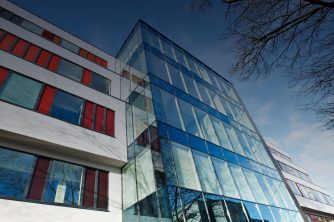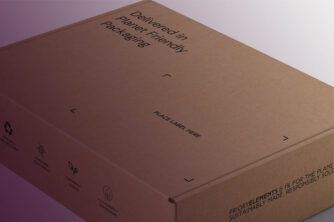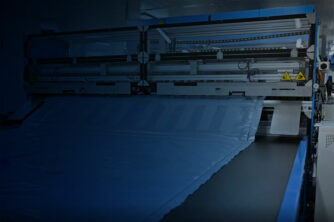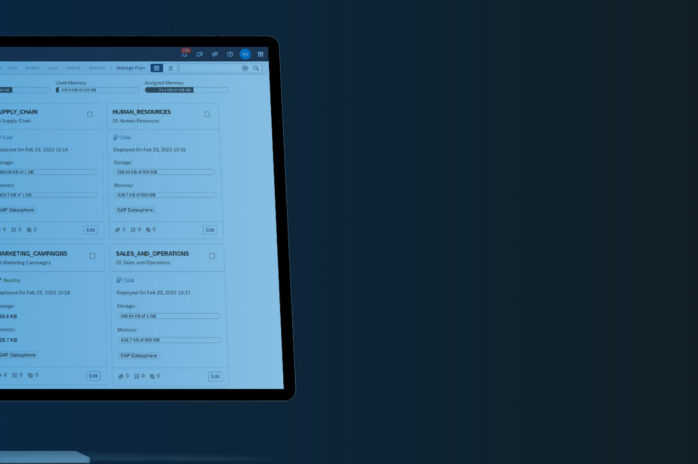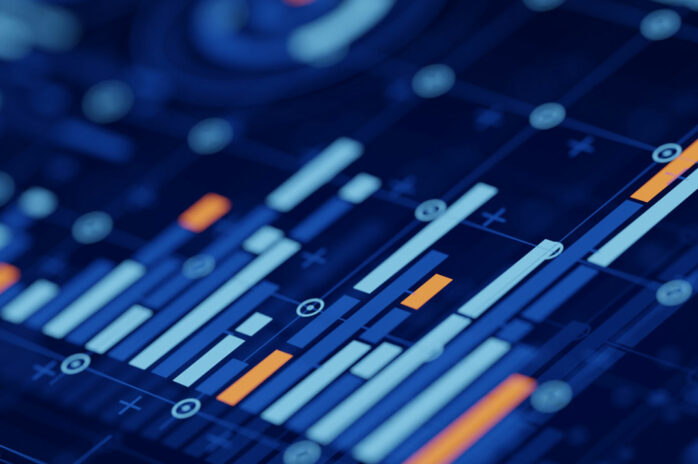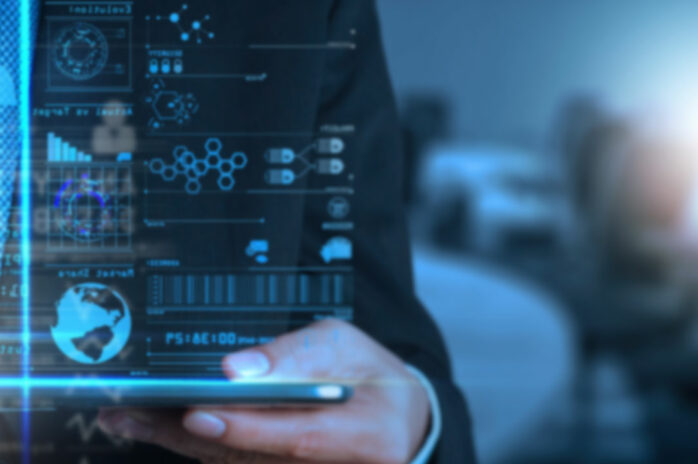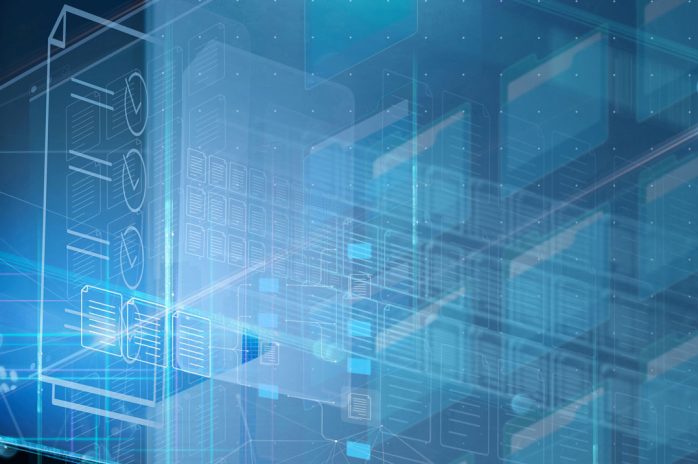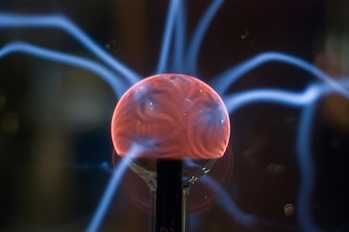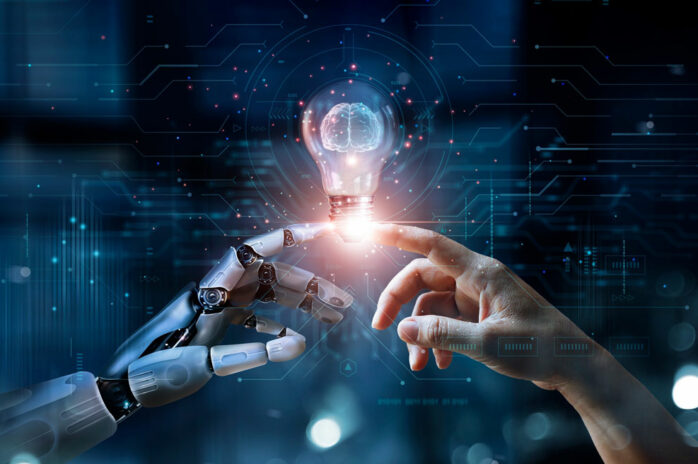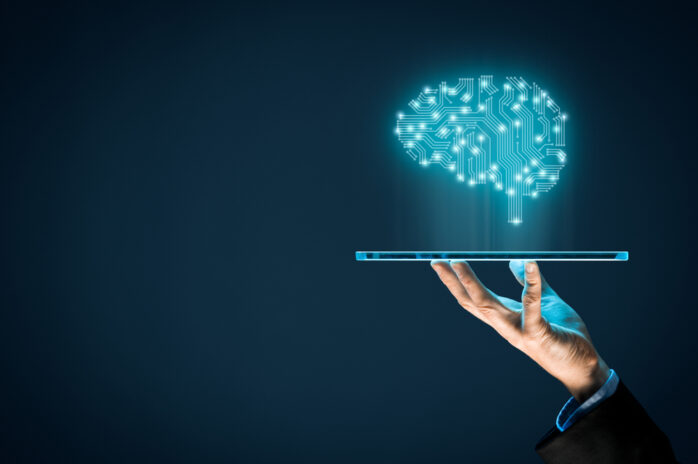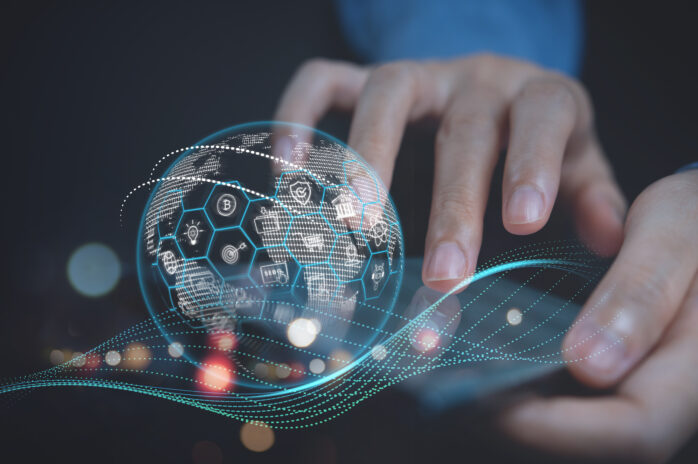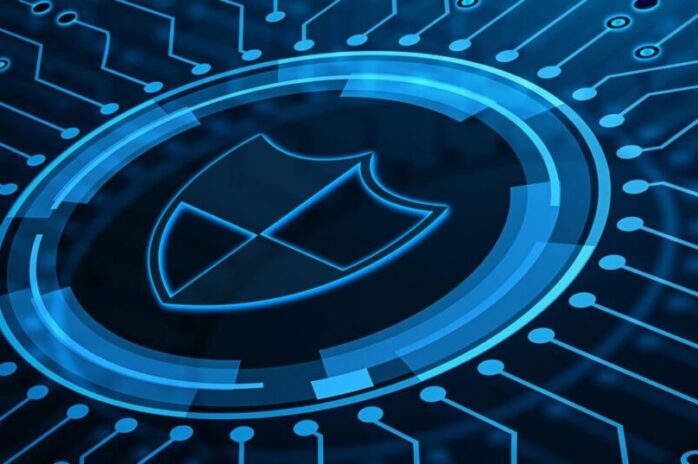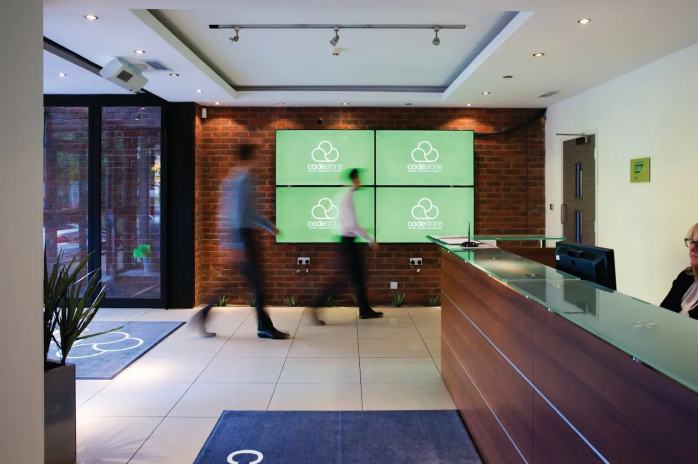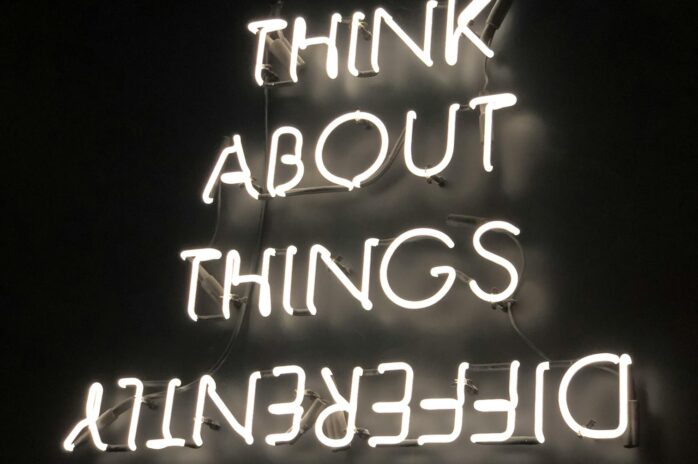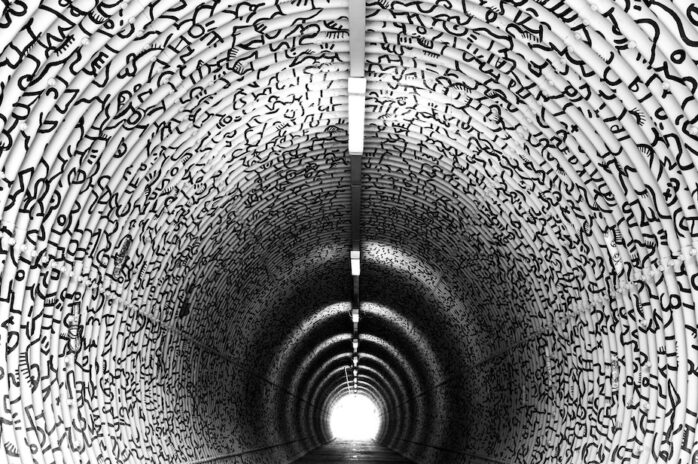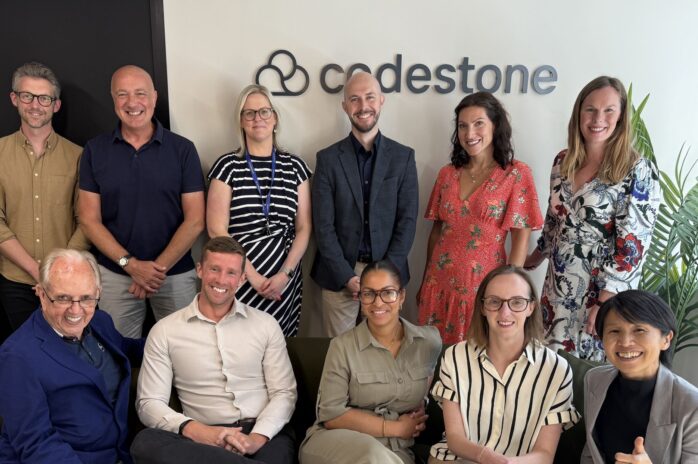Many businesses use software solutions to manage their core processes and customer relationships. But not all software solutions are the same. In this article, we will explain the difference between Enterprise Resource Planning (ERP) and Customer Relationship Management (CRM) systems, two of the most common and essential types of business software.
We will also discuss how they can work together to optimise your business performance and profitability.
What Is CRM?
Customer Relationship Management (CRM) software deals with customers and front-facing aspects of a business. It automates how a customer interacts with your business, including marketing, advertising, ecommerce, and customer service solutions. A CRM system tracks and stores all collected customer data, such as customer communications with sales representatives, purchase history, and service requests. By analysing this data, businesses can create more consistent, personalised customer experiences and build trust to increase sales.
CRM Benefits:
- Improved Customer Service: CRM streamlines day-to-day customer interactions, ensuring faster response times and personalised experiences.
- 360-Degree Customer View: All teams (sales, marketing, customer service) share a complete view of each customer’s history, enabling consistent interactions.
- Informed Decision-Making: Analytics guide decisions on pursuing revenue opportunities, sales performance, and efficient customer service.
What Is ERP?
Enterprise Resource Planning (ERP) systems help manage more of the business process from supply chains, production, and personnel. ERP primarily focuses on back-office functions, such as finance, supply chain operations, and HR. It provides a single source of truth for financial and operational data, enhancing decision-making and improving overall productivity.
ERP Benefits:
- Centralised Data: ERP ensures a unified approach to financial management, covering various functions.
- Holistic Management: It connects financial and operational systems, streamlining productivity across the entire organisation.
Why Your Business Needs Both:
While ERP focuses on financial data and back-office functions, CRM handles customer data and front-office interactions. Integrating both systems delivers synergistic benefits:
- Unified Insights: Seamlessly connecting ERP and CRM reduces data silos, providing a holistic view of your business.
- Enhanced Efficiency: Streamlined processes lead to better resource allocation and strategic planning.
Speak to Our ERP Experts: Ready to unlock your business’s full potential? Contact one of our in-house ERP experts today and embark on a journey toward seamless transformation and growth.
Feel free to reach out to us for personalised guidance and explore how Codestone’s ERP solutions can elevate your business operations!




















